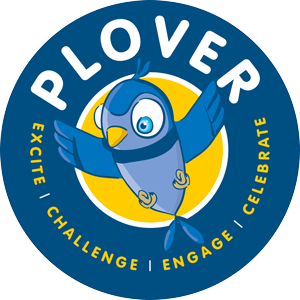National Curriculum Mapping
Vocabulary Progression
Mastering Number Project
Our younger children in EYFS and KS1, are working with the maths hubs to introduce the Mastering Number project.
This project aims to secure firm foundations in the development of good number sense for all children from Reception through to Year 1 and Year 2. The aim over time is that children will leave KS1 with fluency in calculation and a confidence and flexibility with number. Attention will be given to key knowledge and understanding needed in Reception classes, and progression through KS1 to support success in the future.
The short videos below give a flavour of Mastering Number happening with different age groups. The teachers explain how the programme has benefited all pupils in their classes, providing firm foundations for later work in maths.
What will you learn?
-
- Your pupils will develop and demonstrate good number sense
-
- You will develop a secure understanding of how to build firm mathematical foundations
-
- You will work to develop intentional teaching strategies focused on developing fluency in calculation and number sense for all children
-
- You will develop understanding and use of appropriate manipulatives to support your teaching of mathematical structures
Supporting your children with Maths
